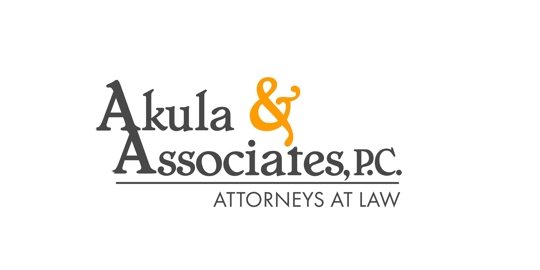A student that wishes to enter the United States will need to obtain a student visa. As there are numerous student visas, it is possible to obtain the wrong one, be denied by the United States Citizenship and Immigrations Services (USCIS) due to the error, and potentially miss a semester of schooling or more. If you intend to enter the U.S. for the benefit of your education, it is beneficial to first understand a general overview of the visas that may be available to you.
F-1 & M-1 Student Visas
Many students who need to enter the United States to attend school will choose between an F-1 and an M-1 student visa. Each visa functions similarly, as it allows the individual to stay within the country as long as he or she attends the preselected school, and meets minimum class requirements; specific details and requirements may alter between one F-1 visa and another, and the same can be said of M-1 visas. The main difference between an F-1 student visa and an M-1 student visa is what type of school the foreign immigrant intends to attend.
An F-1 student visa will allow you to attend:
- University
- College
- High school
- Privatized elementary school
- Seminary or conservatory
- Language training program schooling
- Separate academic institution
An M-1 student visa will only allow you to attend a vocational or other recognized nonacademic institution that is not part of a language training program. Additionally, before contacting a United States consulate to apply for a student visa, applicants must first apply and be accepted to a specific school in the United States. Furthermore, Immigration and Customs Enforcement (ICE) only recognizes a particular list of schools as being eligible for student visas; review its Student and Exchange Visitor Program (SEVP) before applying to a foreign school.
Exchange Visitors May Use J-Visas
The USCIS promotes and manages a number of student exchange programs. Most of these programs seek out specialists and up-and-coming minds in particular fields. If you are pursuing new research or unique types of extracurricular activities, a J-Visa may work for you. Foreign students will only be approved for J-1 visas if it can be shown that they will attend a university or post-secondary accredited college with a full itinerary. A J-1 visa will outline regulations and rules pertaining to the student’s stay within the U.S., as well as mention of removal after the exchange program or educational schooling comes to an end.
Students looking to enter the country in the pursuit of greater education should not risk their futures and livelihoods by making mistakes when filing for a student visa. Akula & Associates, P.C. and our immigration lawyers can eliminate the guesswork so you can focus on a brighter tomorrow, not legal documentation and petitions. Call (844) 299-5003 or send us a message online to ask for more information about your options and our services.

